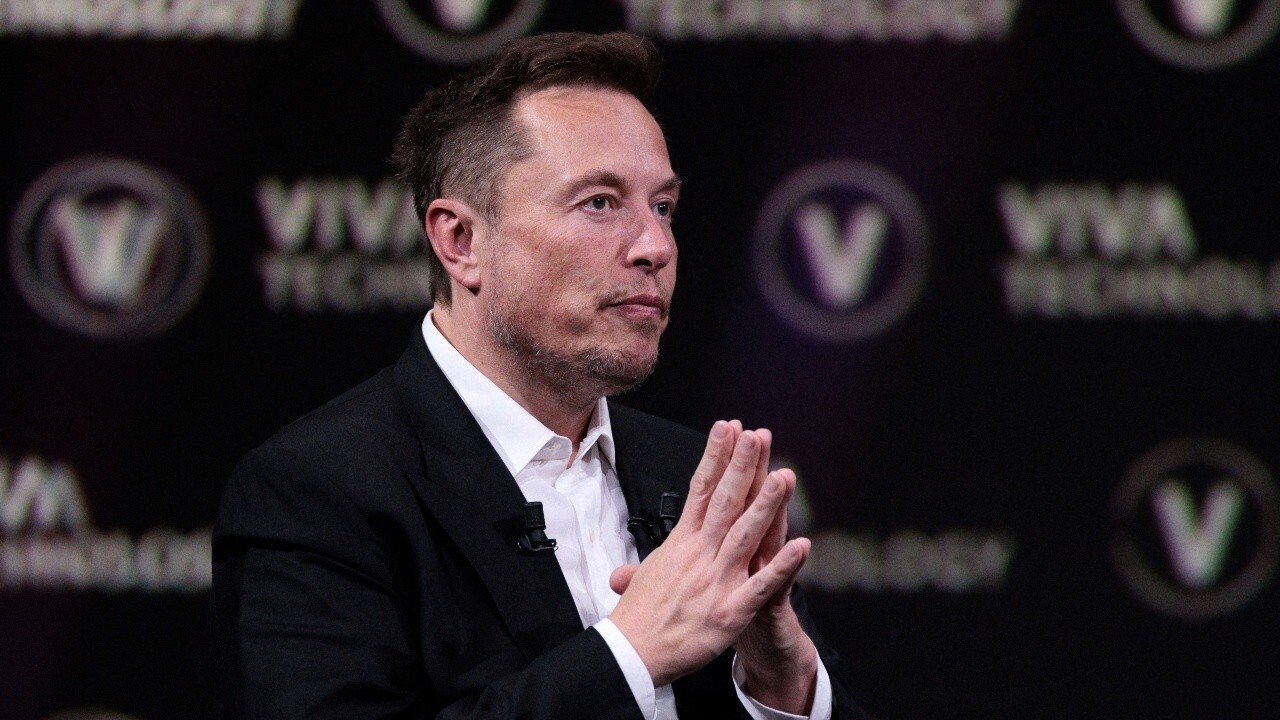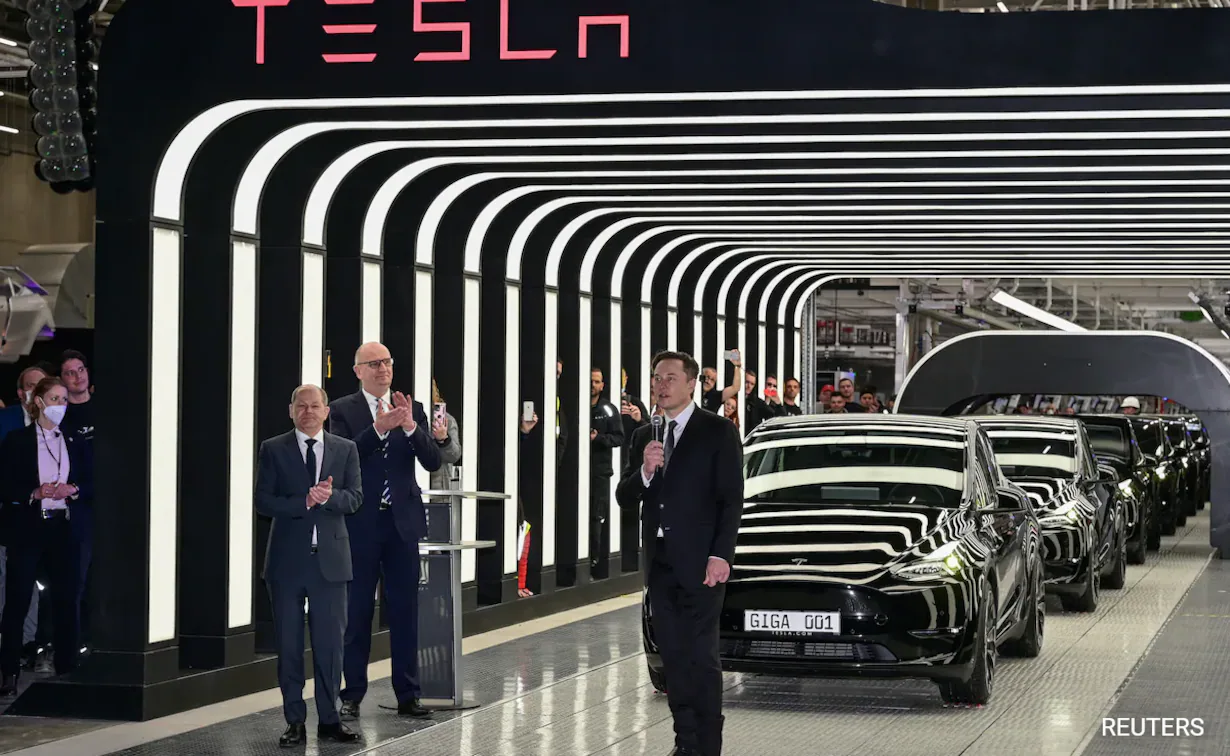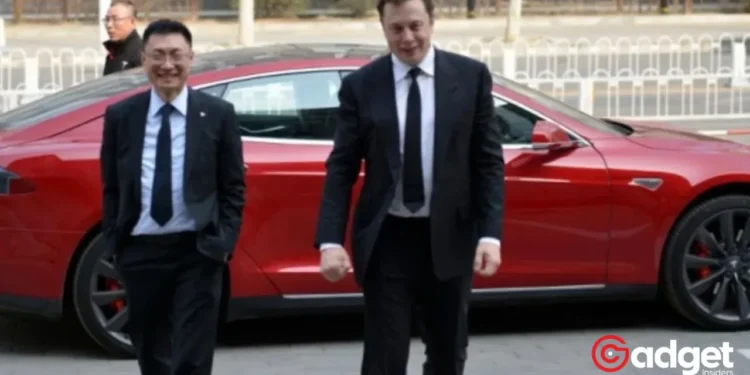In a groundbreaking legal battle that has captured the business world’s attention, a group of lawyers representing a Tesla shareholder have delivered a significant blow to Elon Musk, the visionary behind Tesla. Their victory in court over Elon Musk’s colossal $56 billion pay package has set the stage for an even more audacious request – nearly $6 billion worth of Tesla stock as attorneys’ fees.
This demand, if granted, could not only redefine legal compensation standards but also significantly impact Tesla’s governance and Elon Musk’s future with the company.

The Courtroom Drama Unfolds
The saga began when the legal team successfully convinced a Delaware court that Elon Musk’s $55-billion compensation package was undeserved. Arguing that a substantial portion of Musk’s pay should instead serve as their legal fees, the attorneys presented a compelling case to Chancellor Kathleen McCormick of the Delaware Chancery Court.
The legal battle, rooted in claims of Elon Musk leveraging close relationships with Tesla’s board for personal gain, culminated in a decision that has sent ripples through corporate America.
The attorneys’ filing last Friday disclosed their request for about 11% of Elon Musk’s pay package, translating to roughly $5.96 billion in Tesla shares, given the stock’s current valuation. This unprecedented move is not only bold in its financial implications but also striking in its audacity, challenging conventional norms surrounding attorney compensation.
OpenAI, in its first public comments about Elon Musk’s lawsuit against the artificial intelligence research lab, said that Mr. Musk tried to transform the lab from a nonprofit into a for-profit operation before he left the company in early 2018. https://t.co/D7JEaWKOuj
— The New York Times (@nytimes) March 6, 2024
Elon Musk’s Reaction and the Legal Precipice
Elon Musk, known for his candid and sometimes controversial public statements, did not mince words when reacting to the attorneys’ demands. Labeling their actions as “criminal” on X (formerly Twitter), Elon Musk’s frustration is palpable.
His disdain for the legal challenge and its potential consequences for Tesla highlights the personal and professional stakes involved.
The legal team’s request is based on their extensive investment in the case, citing six years of unpaid work, substantial resources, and significant out-of-pocket expenses. Their argument leans on the massive value they believe their legal victory has brought to Tesla, positioning the requested fee as a just reward for their efforts.
Implications for Tesla and Beyond
This legal confrontation is more than a dispute over financial compensation; it’s a litmus test for corporate governance, legal ethics, and the power dynamics between executives and shareholders.
The decision by Chancellor McCormick could set a precedent for how legal victories against corporate behemoths are rewarded, potentially inviting more shareholder activism and legal scrutiny in the future.

Moreover, the case reflects the growing tensions between Elon Musk and the legal system, exacerbated by his remarks against incorporating in Delaware, a state known for its business-friendly legal framework.
The outcome of this legal saga could influence corporate decisions and legal strategies for years to come, marking a pivotal moment in the relationship between law and corporate leadership.
A Battle with Billion-Dollar Stakes
As the legal battle unfolds, the eyes of the world are on Chancellor McCormick’s upcoming decision. Will the court validate the attorneys’ monumental fee request, or will it draw the line, setting new boundaries for legal compensation?
The implications of this decision will reverberate through the halls of justice and the boardrooms of corporations, potentially altering the landscape of legal and corporate governance.
This saga between Elon Musk and the legal team is not just about billions in compensation; it’s a dramatic clash of legal prowess, corporate ethics, and the future of one of the world’s most innovative companies. As this story continues to develop, it serves as a compelling case study of the power struggles that define our modern corporate era.









